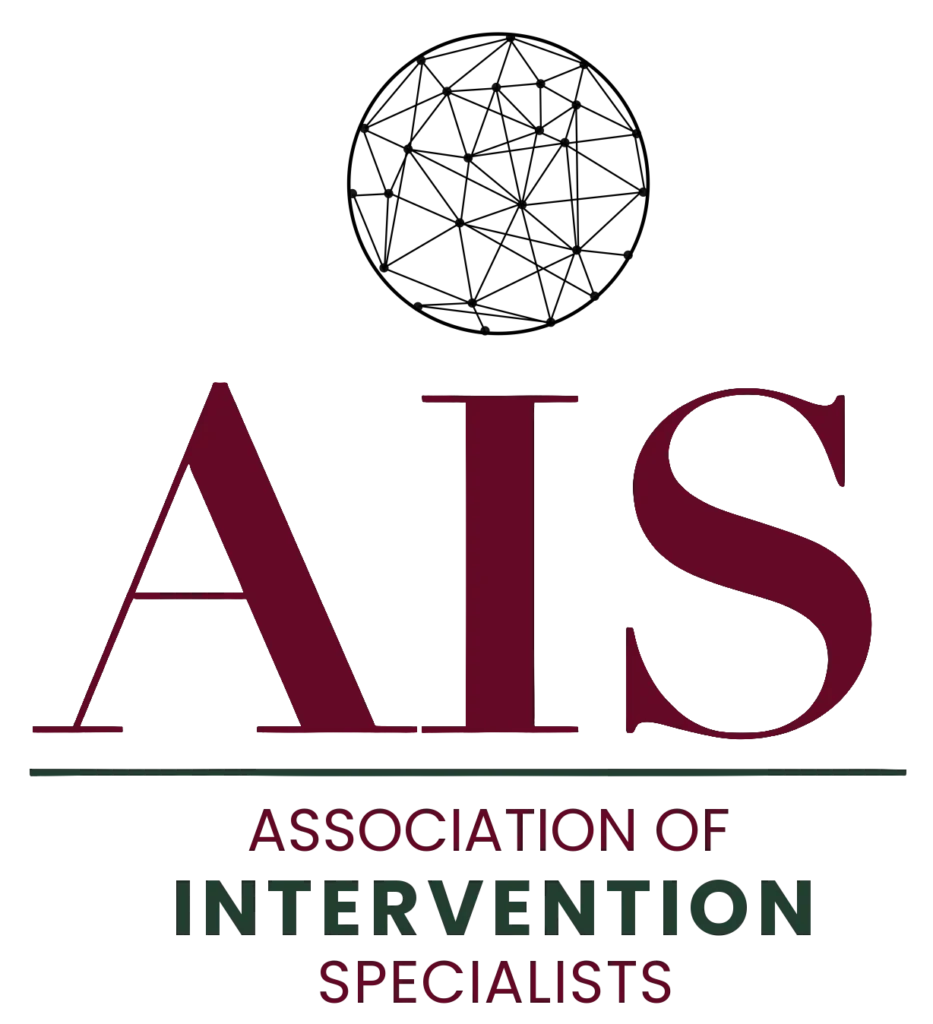Families and friends can suffer significantly if a loved one is wrestling with addiction, mental illness, or other damaging behaviors. These people often resist assistance or are ignorant of the seriousness of their issues. In these scenarios, the path to healing could be aided by a skilled Professional Interventionist who helps to break the cycle. Clear support of your loved one comes from knowledge of an interventionist’s involvement.
Who is an Interventionist?
A trained counsellor helps friends and family members approach someone suffering from a damaging addiction or behaviour. They aim to provide an organized, compassionate setting where the individual might be inspired to accept help. Not therapists or counsellors, these experts are good at dealing with tough talks, emotions, and possibly explosive conditions that typically surface during interventions.
Professional Interventionist Assistance:
Leading the Process
The interventionist‘s most essential services are leading and coordinating the intervention process. Together with the family, they compile data, create a tactical plan, and arrange a meeting where all interested parties know precisely what is happening. They guarantee that everybody knows how to voice their grievances and what to say in a manner that would not aggravate the situation but rather motivate the person to ask for help.
Balancing pertinent research with one’s own informed opinion
An interventionist offers an impartial viewpoint that may sometimes be absent in sensitive circumstances. Emotions can run high, and family members might subconsciously attack the person indignantly or irritably when a loved one is implicated. The interventionist’s presence keeps the dialogue effective and focused on getting the person into therapy by maintaining a calm, businesslike demeanour.
Creating a supportive environment is threefold.
Interventions work best when the individual feels bolstered rather than insulted. Professional interventionists can organize the event so that the person feels valued even though the conversation is sensitive. The therapist creates an environment in which the person can feel secure enough to embrace support by enabling family and friends to communicate with empathy and empathy.
Recognition of the Best Possible Solutions
A trained interventionist is also very important in determining the ideal therapy. Having grasped the individual’s particular requirements, they help the family locate the most suitable recovery programmes, rehab facilities, or treatment choices. They often have a circle of dependable professionals, which assists the intervention in curing transfer to run more smoothly and effectively.
Support following the intervention
An interventionist’s job is not over after the intervention itself. Many provide follow-up help to help family members negotiate the post-intervention phase and ensure that the person receives the treatment they need. Throughout therapy, the interventionist might check in with the patient and offer continual emotional support for the recovering person and their family.

Why You Should Have a Professional Mediator
Without proper instruction, conducting an intervention alone might be stressful and even counterproductive, aggravating the situation. Professional interventionists bring experience, knowledge, and neutrality to the table, significantly improving the chances for a positive result. Knowing how to break through denial, handle complicated feelings, and point the person toward therapy helps smooth the process and maximize efficiency.
Final Thoughts
Getting the support of a qualified interventionist could be the first step toward recovery for someone in your family battling addiction or destructive actions. Guiding you and your family through the intervention, these specialists help your loved one accept help and begin down the path to a more happy life. Using professional assistance offers your family and your loved one the best shot for recovery.
FAQs
A professional interventionist is starting.
Specially trained professionals, a professional interventionist assist families and friends in directing an honest person who has an addiction, mental health difficulties, or different life challenges toward recovery.
How would a professional interventionist assist my loved one?
Offering support and direction throughout the process, they assist in organized interventions to help people admit their problems and motivate them to seek professional help.
When would be the right time to consider bringing in an interventionist?
If more conventional means of convincing your loved one to get help have failed and the circumstances are critical or dangerous, consider employing an interventionist.
Explain that an intervention appears.
Usually, an intervention is a scheduled gathering of friends, family members, and the interventionist, where everybody states their worries and urges the individual to seek therapy.
Would interventionists help only with addiction problems?
Interventionists can assist with many problems, including addiction, mental illness, eating disorders, and behavioural issues impacting the well-being of the individual.
Will my beloved one be coerced into therapy?
An intervention offers a straightforward choice; it is not about force. The objective is to let the individual seek support in a noncombatant, loving setting.
Where can a professional interventionist be located?
You can locate a professional interventionist by researching licensed experts online, ensuring proper training and expertise, or obtaining recommendations from medical personnel or support groups.








